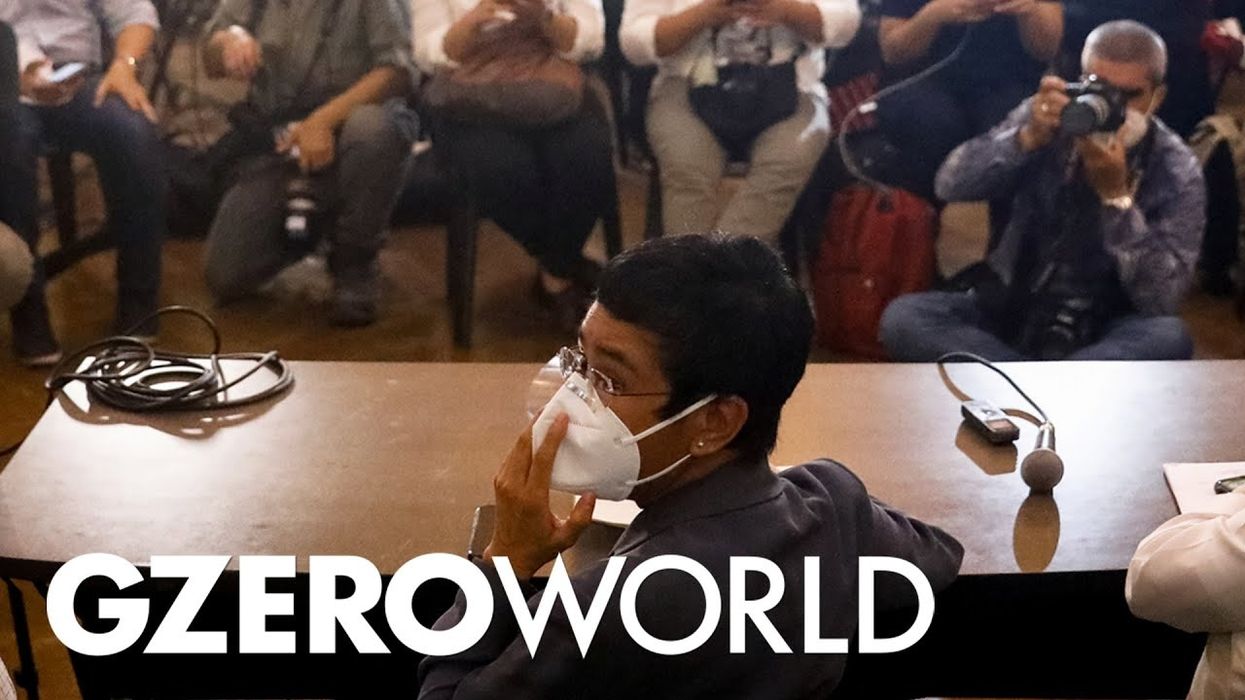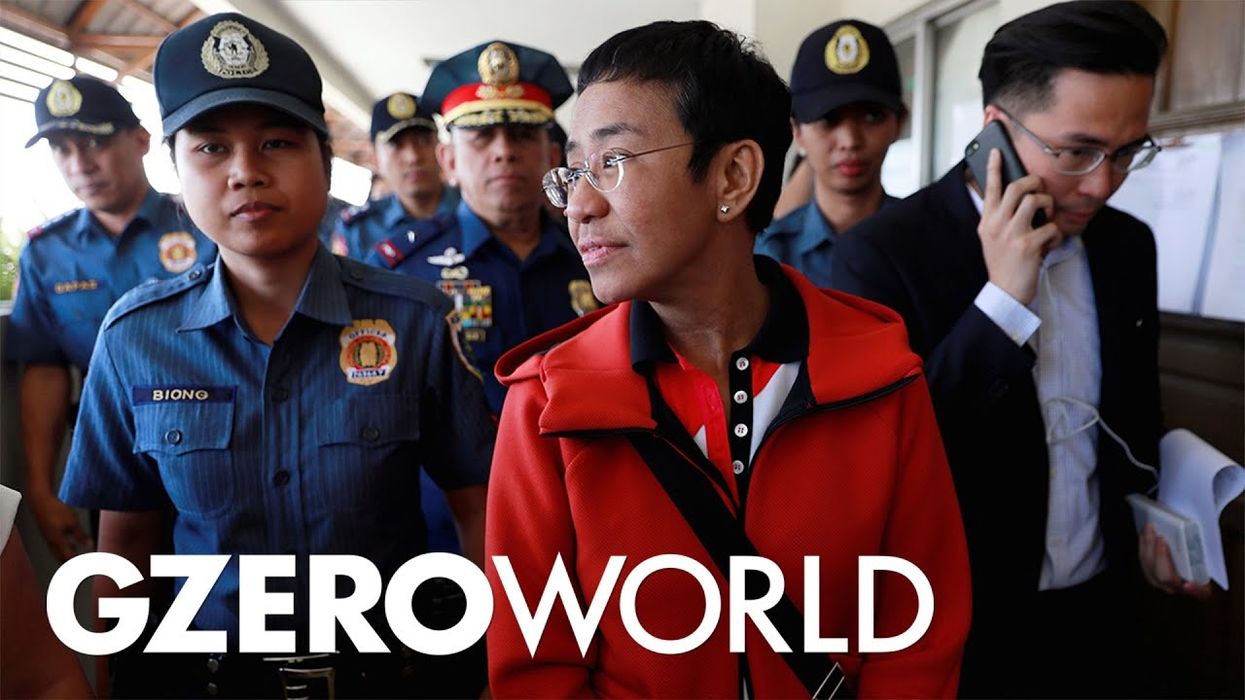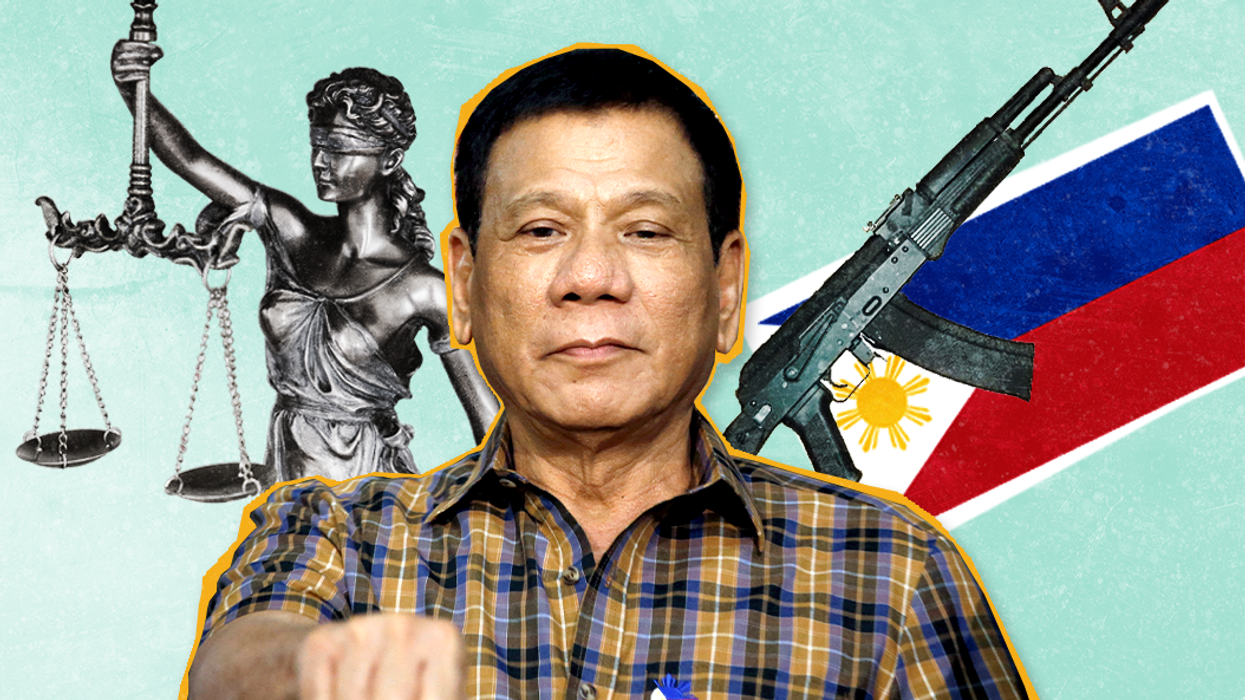Asia
“I am a cautionary tale for journalists": Maria Ressa on her legal battle
As Filipina journalist Maria Ressa, CEO of the online news agency Rappler, faces charges that could potentially lead to 100 years in prison, she talks with Ian Bremmer about the case that has made her a global advocate for press freedom. President Rodrigo Duterte of the Philippines targeted her and Rappler as he manages the nation under "the 3C's: corrupt, coerce, co-opt," she says.
Jul 20, 2020



